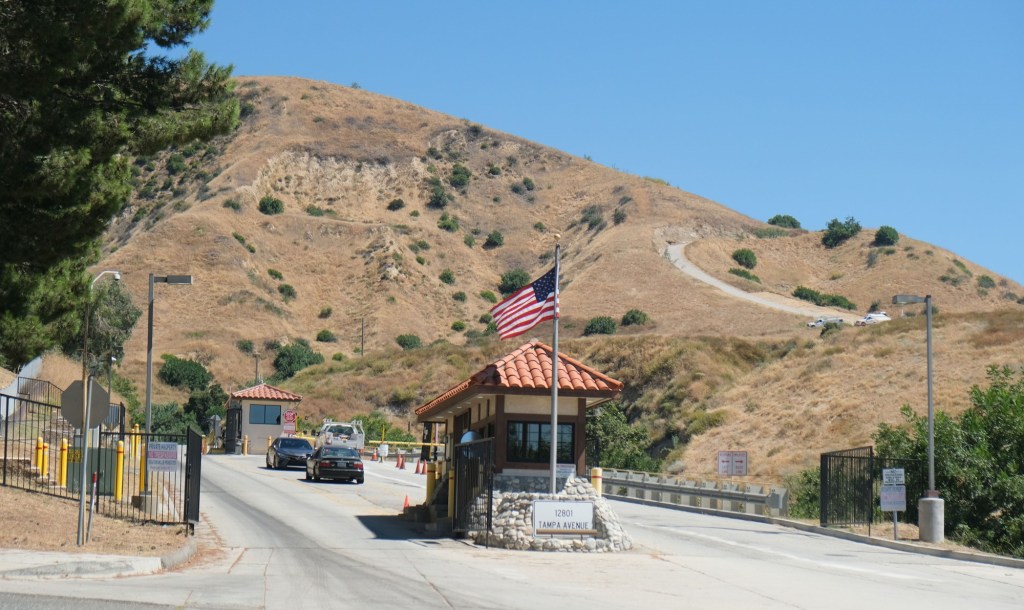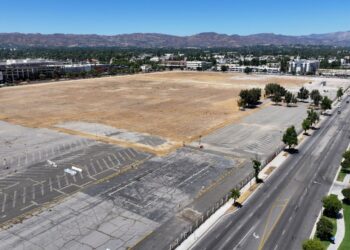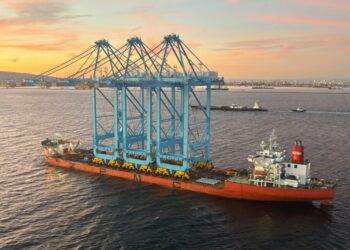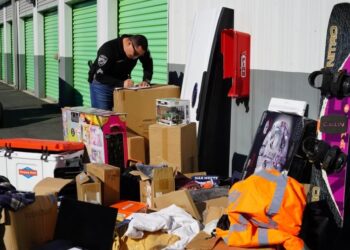Pregnant women who lived near the Aliso Canyon natural gas storage facility during and after its 2015 blowout had a higher chance of premature births and low-weight newborns compared to women from other communities, according to the findings of UCLA researchers studying the effects of the massive gas leak on nearby residents’ health.
Women who lived near Aliso Canyon during the massive gas leak in the Santa Susana Mountains that drove 8,300 families from their homes had a 50% higher chance of having babies with low birthweights than mothers in other Los Angeles County communities, UCLA scientists said during an in-person and virtual meeting on Feb. 20 at which they made their findings public.
Among women who lived near the Aliso Canyon facility and conceived their babies right after the persistent gas leak was finally plugged in 2016, “The prevalence of premature births was about 50% higher than expected,” said Dr. Kimberly Paul, an epidemiologist and an assistant professor of neurology at UCLA, during the meeting.
The gas leaked from a well in a vast underground storage facility owned by SoCalGas. A representative of the gas company wrote in an email that “the Health Research Study has not reached any final conclusions. Any further comment at this stage would be premature because the study’s methods, analysis and results are preliminary, subject to change and have not been peer-reviewed, according to the researchers.”
World Health Organization (WHO) defines low birth weight as babies who are born weighing less than 5 pounds and 8 ounces. Low-weight infants are 20 times more likely to develop complications and die compared to babies who are born at normal weight. They are also at the potential risk of developing cognitive deficits, motor delays, cerebral palsy, and other behavioral and psychological issues.
Nearly 13.4 million babies were born too early in 2020, meaning they were born before 37 weeks of pregnancy. Preterm birth complications are…
Read the full article here







